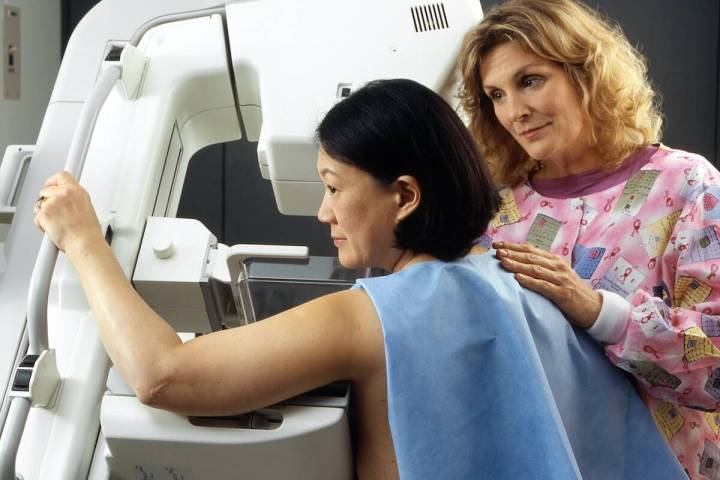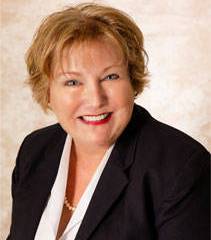
Dr. Ama Brobbey has dedicated her career to transforming the delivery of medical services.
She has risen through the ranks from a resident physician to her current role with HealthCare Partners, a medical network of more than 310 primary care providers and more than 1,700 specialists across Southern Nevada.
“The team of people I work with and leadership,” Brobbey said when asked about the key to her success. “They have supported my desire to create a new form of health care that has never been done before. I like trying new things and being able to meet any challenges. I have a great team of like-minded people around me who help me to always move on to the next great idea. My team has truly helped me get to where I am now.”
Brobbey has introduced innovative ideas to HealthCare Partners and has helped expand the company’s Total Care Model, which means primary care providers are supported by an entire network of nurses, specialists, care managers, diagnostic team members and others working in sync to help patients stay healthy, according to HealthCare Partners website.
Brobbey is passionate about reducing health care industry waste and inefficiency. After moving to the United States from her native Ghana in 2000, she identified significant issues with the country’s health care system that adversely affected patient care, such as excessive testing, doctors overloaded with patients and a lack of provider engagement with patients about their continuity of care.
Since moving to HealthCare Partners in 2003, Brobbey has worked to help HealthCare Partners implement the Total Care Model, significantly reduced physician turnover and organized and implemented free training programs to improve quality of care at medical and physical therapy centers in Southern Nevada.
Brobbey said excessive redundancy — having multiple tests, seeing multiple specialists, and prescribing multiple medications — isn’t helping patients.
“They weren’t thinking enough about the patient,” she explained. “They have a co-pay anytime you order these tests or send them to see specialists, which is not necessary. It’s hitting the patient in the pocket.
“Many of our patients are on a fixed income, so I feel very passionately about not exposing them to things that are harmful to them and hits them in the pocketbook. … Many times these tests are not about what is best for the patient. It is more about protecting physicians from lawsuits.”
Brobbey’s passion for helping people extends beyond the office. When she’s not working, she often speaks to churches and other community organizations about navigating the health care system, care for specific conditions and other topics.
— By Robert Horne







